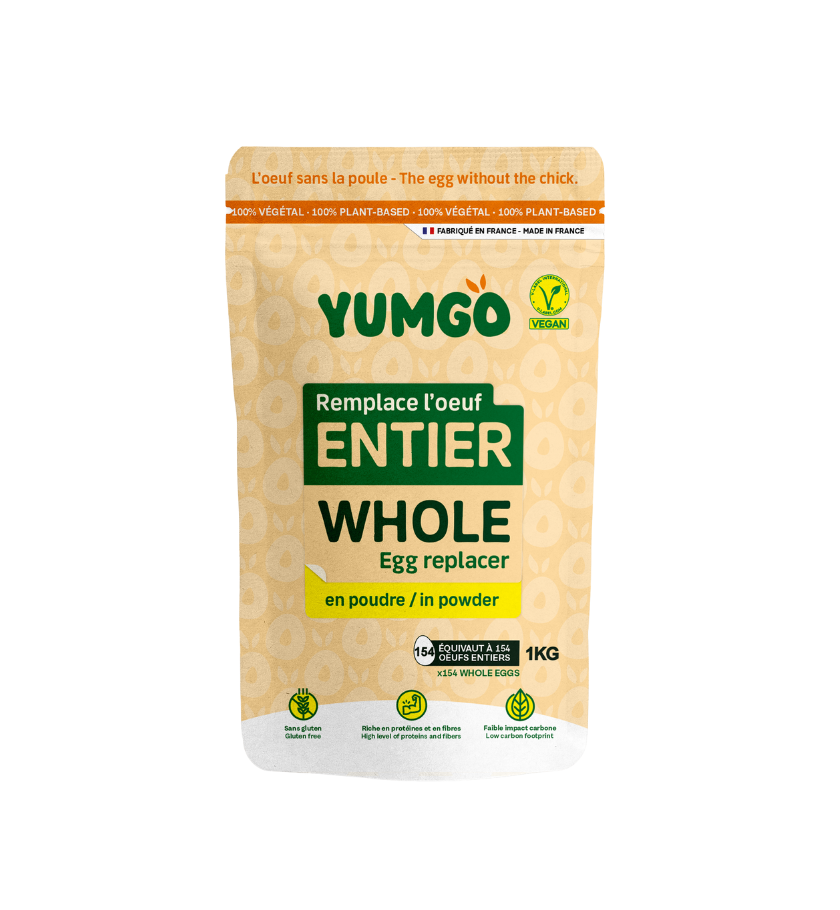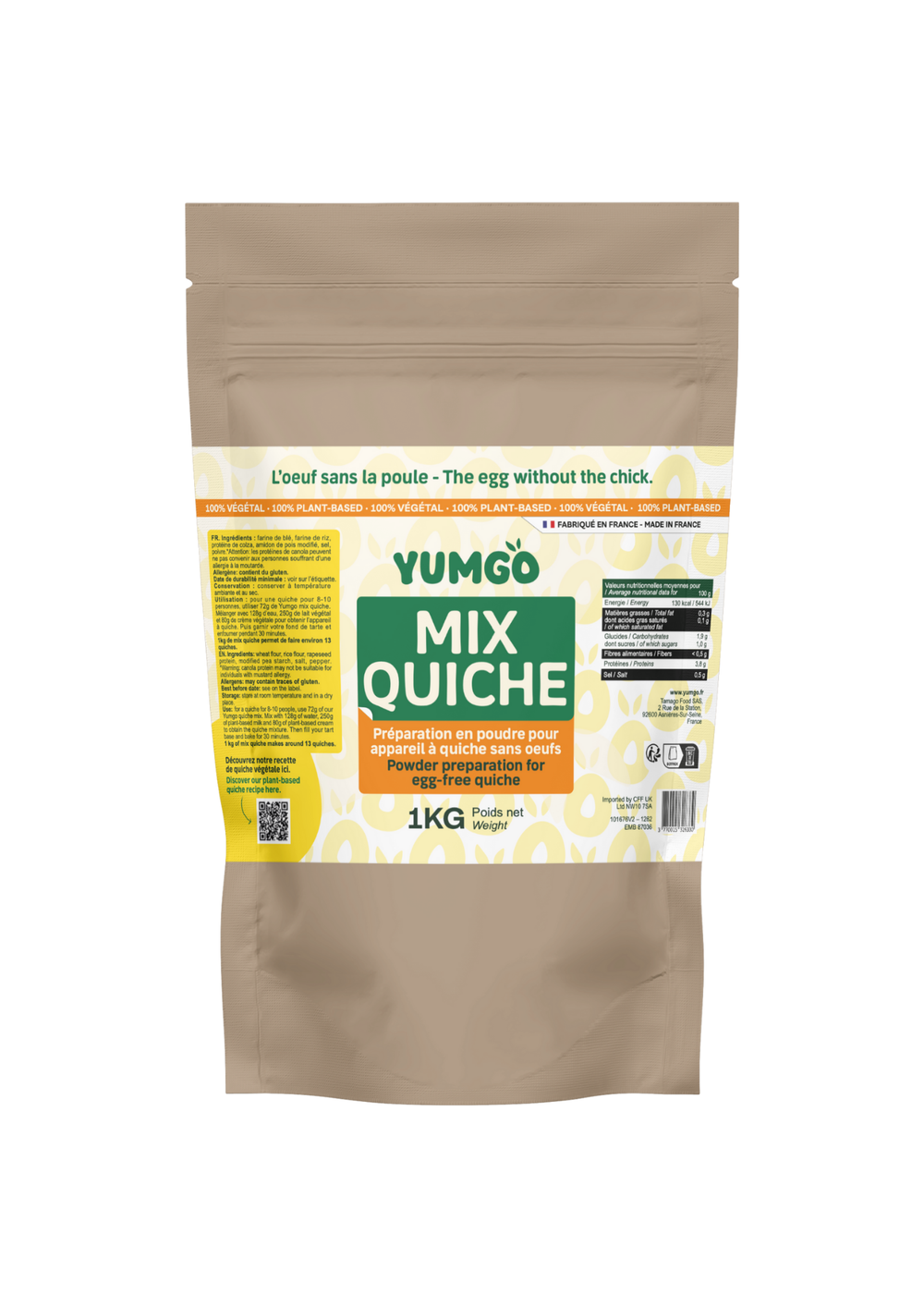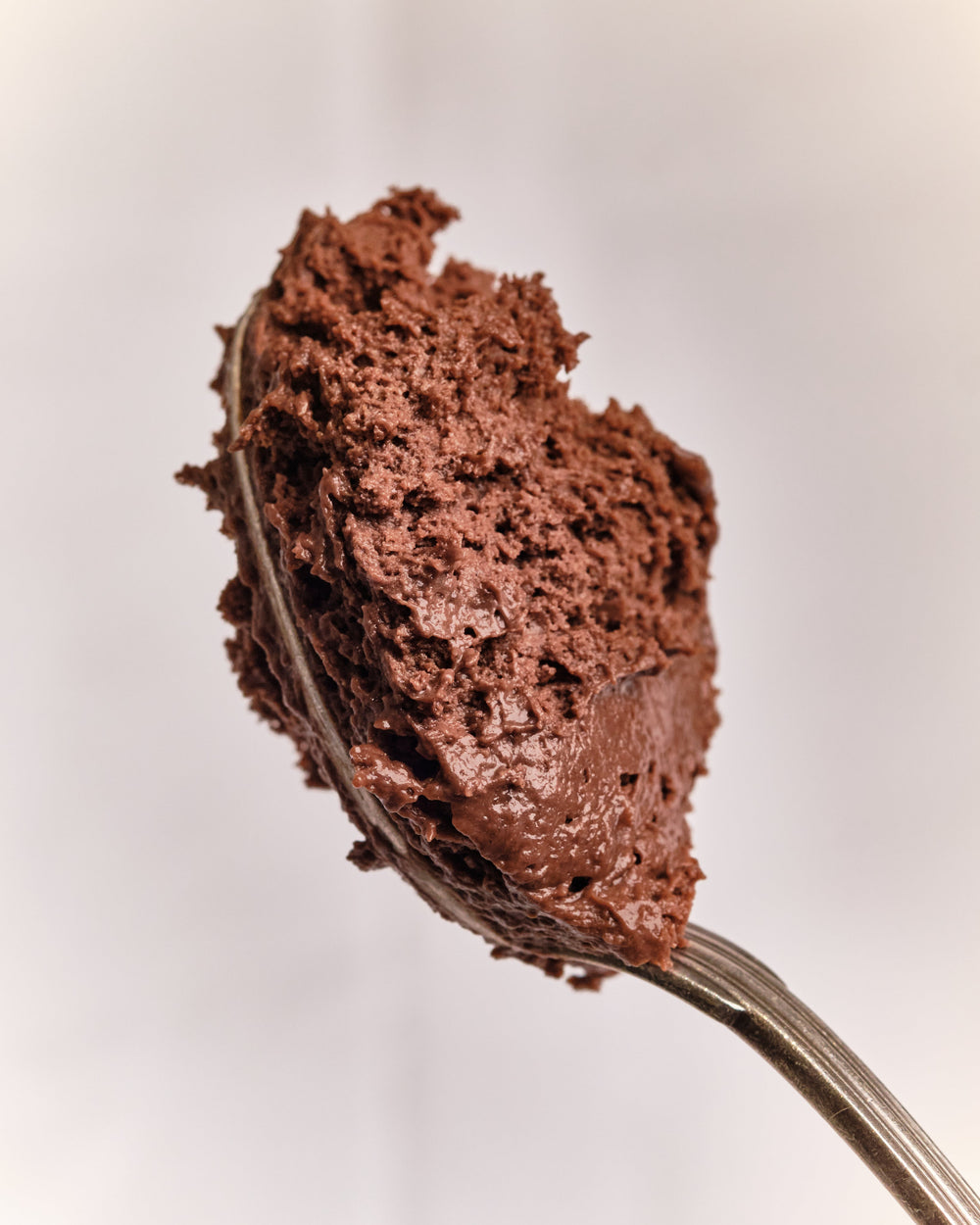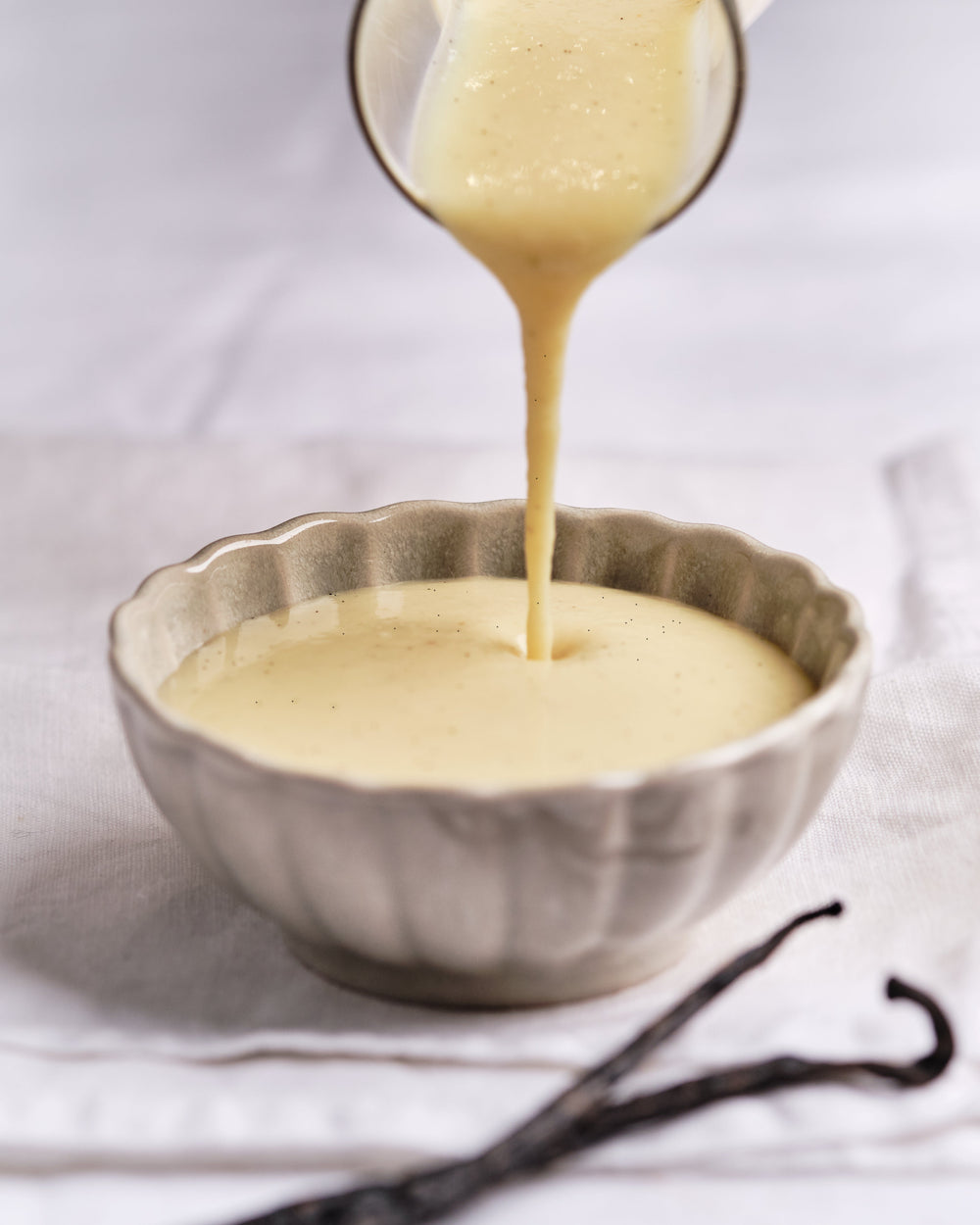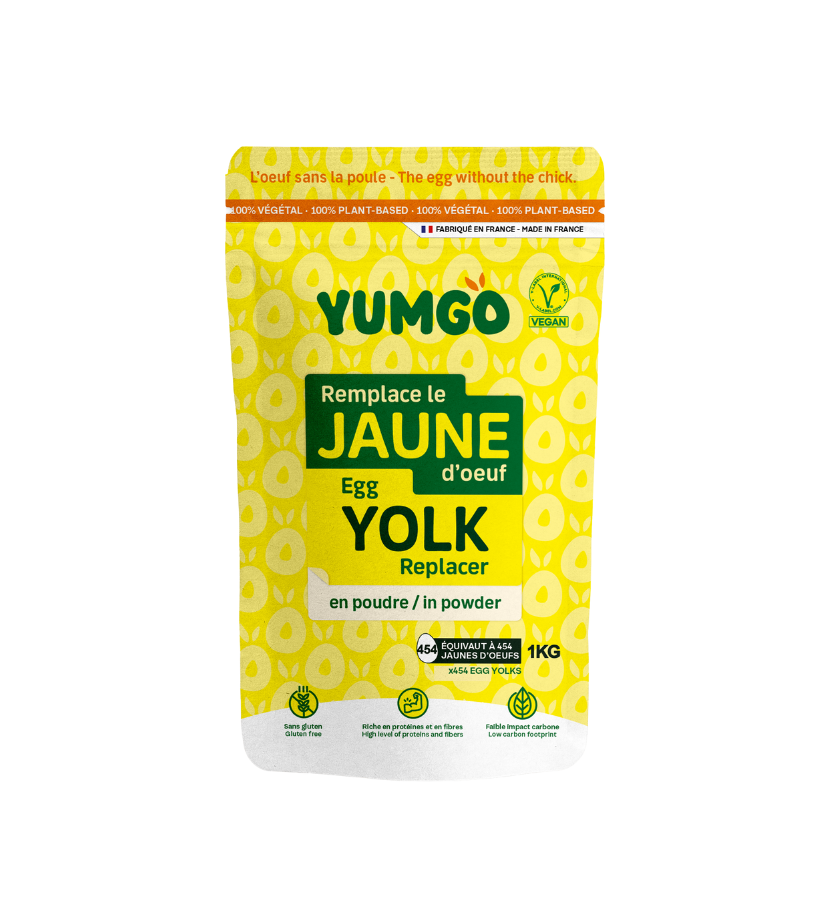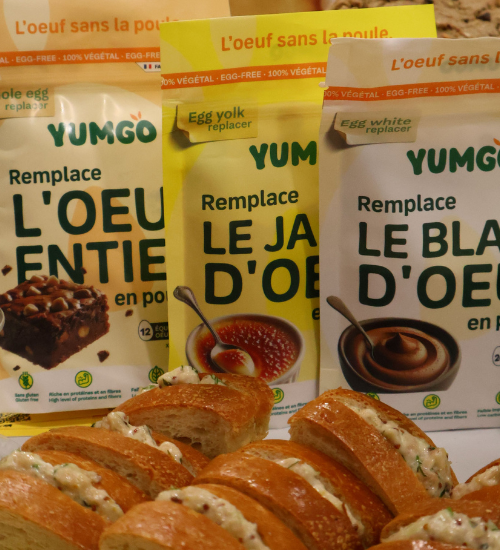Yumgo was born from a desire to do better by offering a fairer solution for food, animals, and the planet; and all this for food professionals. Providing access to an innovative, responsible, and efficient technical product for restaurateurs, food retailers, institutional catering, and manufacturers for a better world.
Indeed, for several years now, there has been increasing discussion about meat products. However, eggs remain somewhat on the sidelines of the debate, even though they are consumed in large quantities every day, often invisible in the products we eat, and their production is just as much affected by issues of animal welfare and environmental impact.

An underestimated ecological impact
A significant carbon footprint
In 2024, France produced nearly 15.4 billion eggs. The average French person consumes more than four eggs per week, whether at home or eating out. In fact, the overall per capita egg consumption is 226 eggs in 2024; a figure that has increased compared to 2023.
Let's take the whole egg. That's how we most often consume it in our daily lives. The Yumgo alternative produces 75% less CO2 per liter of egg! For example, in 2025 alone, we will have avoided the production of 54 tons of CO2 by replacing eggs with Yumgo.
[QUOTE]
End intensive farming
When we think of intensive farming, it's primarily the meat industry that comes to mind. However, the egg industry is not to be outdone and remains very present among food professionals, with eggs being used as a technical ingredient in many recipes.
Today, we are proud to highlight the fact that our products have helped to save more than 3900 laying hens.
[KNOW]
Increased water consumption
Like many industries, the egg industry requires a very high amount of water to produce the finished product. However, by 2050, 50% of the world's population will struggle to access safe drinking water, according to the World Meteorological Organization (WMO). This precious resource is dwindling as waste increases, especially since global drinking water consumption has increased sixfold over the last century.
Producing a traditional egg requires approximately 200 liters of water per egg, including the water the hen drinks and the water used to grow her feed. By eliminating these steps with Yumgo, we have been able to save 8,000 m³ of water since the beginning of the year.
Conclusion



